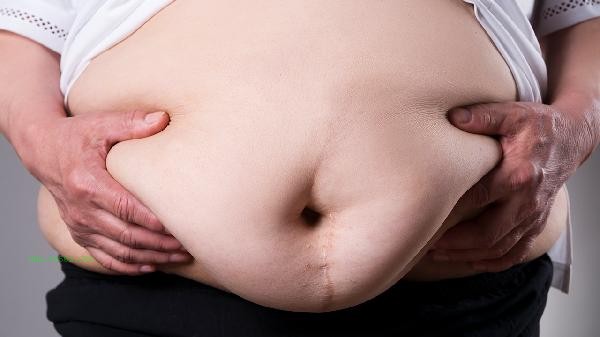Dieting to lose weight may indeed cause hypoglycemia, especially in cases of unscientific diet control or long-term excessive dieting. The risk of hypoglycemia is mainly related to factors such as insufficient carbohydrate intake, imbalanced dietary structure, decreased metabolic adaptability, the influence of underlying diseases, and individual differences.

1. Insufficient carbohydrates:
Staple foods are the main source of blood sugar, and excessive reduction of carbohydrates such as rice and noodles can lead to insufficient blood sugar supply. The brain consumes about 120 grams of glucose per day. If the intake is consistently below the baseline requirement, symptoms of hypoglycemia such as dizziness and fatigue may occur.
2. Imbalance in dietary structure: When simply reducing food intake without paying attention to nutritional matching, insufficient intake of protein and healthy fats can accelerate blood sugar fluctuations. A dietary pattern lacking dietary fiber can lead to rapid absorption of sugar, making postprandial blood sugar spikes and drops more likely to trigger reactive hypoglycemia.
3. Decreased metabolic adaptation:
Long term low calorie diet can activate protective mechanisms in the body, reducing basal metabolic rate while weakening glycogen storage capacity. When liver glycogen is depleted, the body lacks the ability to quickly regulate blood sugar, and mild hunger may trigger hypoglycemic reactions such as cold sweat and hand tremors.

4. Effects of basic diseases:
People with pre diabetes or insulin resistance are more sensitive to changes in blood glucose. If this group of people blindly diet, they may experience more severe hypoglycemic symptoms than the general population due to abnormal insulin secretion leading to disrupted blood sugar regulation.
5. Individual differences:
Individuals with less muscle mass, adolescents, and middle-aged and elderly people with weaker digestive and absorption functions have relatively limited glycogen storage capacity. Under the same dieting intensity, this group is more likely to experience hypoglycemia and the duration of symptoms may be longer.
It is recommended to adopt a gradual dietary adjustment approach, with a daily calorie deficit controlled between 300-500 calories, and prioritize low glycemic index foods such as oats and brown rice as sources of carbohydrates. Combining moderate amounts of nuts and dairy products can slow down the rate of blood sugar decline, and timely supplementation of high sugar fruits such as bananas before and after exercise can effectively prevent hypoglycemic episodes. Regularly monitor fasting blood glucose levels in the morning. If it remains below 3.9mmol/L or if symptoms such as palpitations and blurred vision occur frequently, seek medical attention promptly to investigate metabolic abnormalities. For those with chronic diseases or special physiological conditions, personalized weight loss plans should be developed under the guidance of nutritionists.





Comments (0)
Leave a Comment
No comments yet
Be the first to share your thoughts!